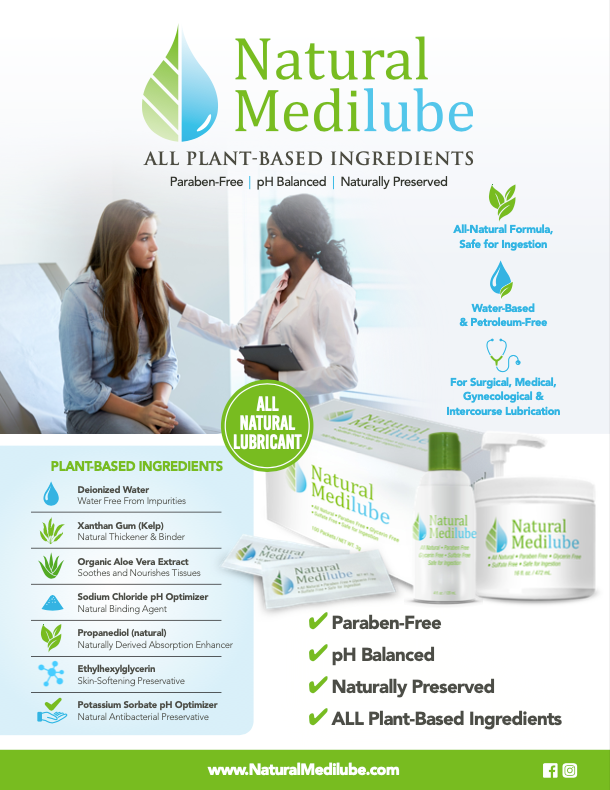
Paraben-Free = Toxin Free
Share

1. What are parabens?
Parabens are chemical preservatives and sources of pollution to both humans and our environment.
2. Why should women in particular avoid parabens?
Parabens act as xenoestrogens which are believed to disrupt hormone function by mimicking estrogen. Women are at a greater risk of developing hormonal disruptions from long-term paraben use as compared to men as a result of estrogen's role in the female body.
3. How do parabens disrupt a woman's reproductive system?
The Endocrine Society has classified parabens as potential Endocrine-Disrupting Compounds (EDCs) which alter a woman's hormone levels leading to imbalances in the reproductive and nervous systems. As EDCs, parabens can dock onto a woman's cell receptors normally reserved for estrogen — thereby disrupting her ability to ovulate, produce healthy eggs, prepare the uterine lining (endometrium) for pregnancy, and ultimately conceive.
4. Why should women in particular avoid petroleum-based lubricants?
Studies show the presence of petroleum byproducts in personal lubricants, such as mineral oil, can leave an oily residue on the vaginal biome — thereby disrupting ph, limiting sperm motility, and elevating the risk of bacterial infection.
5. Why is proper vaginal pH so important for women trying to conceive?
Ideally, a woman's vaginal pH levels range from 3.8 to 4.5 for most of her cycle. Then, during ovulation, luteinizing hormonal surges come into play boosting vaginal pH levels to an optimum alkaline range of 7 to 14 which is considered "non-toxic" to sperm. Petroleum-based lubricants, which are non-alkaline, can push vaginal pH levels well beyond 14 - resulting in the degradation of vaginal flora and, thus, a lower probability of conception.
